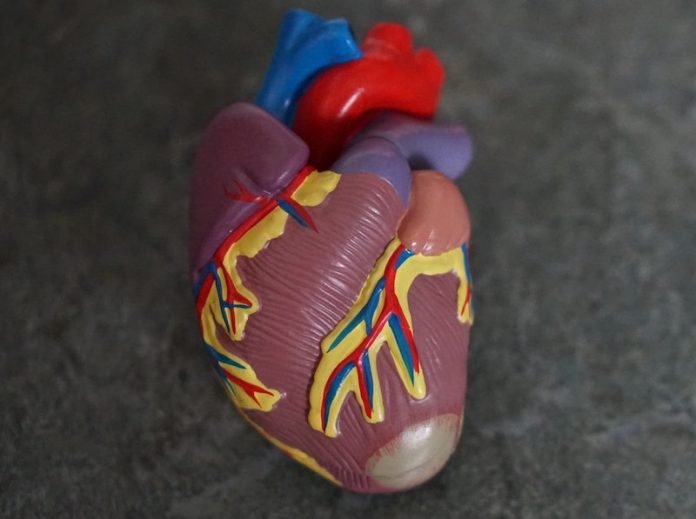
In a new study from the University of Oxford, researchers compared the risks of cardiovascular events, such as myocarditis, pericarditis, and cardiac arrhythmia, between different vaccines and COVID-19 infection.
They found there is no strong link between heart inflammation, such as pericarditis and myocarditis, and the most common COVID-19 vaccination.
The researchers used a national patient level healthcare database of 38 million people aged 16 or older vaccinated for COVID-19 in England between 1 December 2020 and 24 August 2021.
The study looked at rates of hospital admission or death from myocarditis, pericarditis, and cardiac arrhythmias in the 1–28 days following vaccination or a COVID-19 positive PCR test.
They found whilst there are some increased risks of rare heart-related complications associated with vaccines these are much lower than the risk associated with getting COVID-19.
For example, they found between 1 and 10 extra events of myocarditis in 1 million people vaccinated with a first or second dose, but 40 extra cases in 1 million people infected with COVID-19.
The findings show the risks of myocarditis linked to the two mRNA vaccines to be slightly higher in people aged under 40 and particularly after the second Moderna vaccine.
For these people, the team estimated that there were an extra 10 myocarditis events per million people following a positive SARS-CoV-2 test and an extra 15 per million following the second dose of mRNA-1273 (Moderna) vaccine.
The researchers stress that more research is needed to understand why the risk of myocarditis appears to be higher following the Moderna vaccine in this group of people.
But they also stress that while the risks of myocarditis are slightly higher than COVID-19 infection, the vaccine is still safer overall and risks less harm than COVID-19 infection.
If you care about COVID-19, please read studies about why some people have severe COVID-19, while others have no symptoms, and findings of people that are 3 times more likely to get COVID-19 infection.
For more information about health, please see recent studies about people with COVID-19 more likely to die after this heart problem, and results showing this supplement may help boost COVID-19 recovery.
The study is published in Nature Medicine. One author of the study is Julia Hippisley-Cox.
Copyright © 2021 Knowridge Science Report. All rights reserved.



